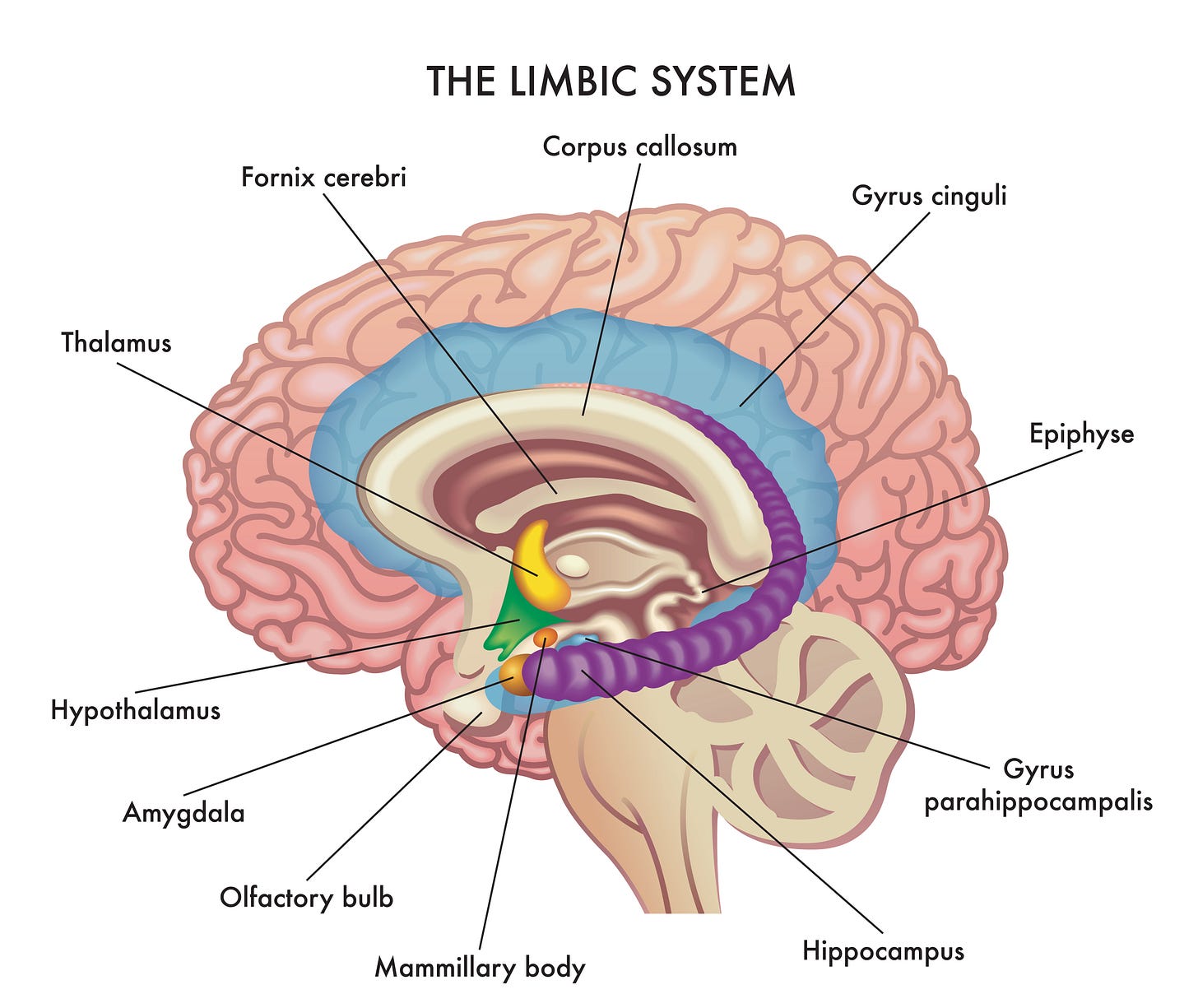The Limbic System: Unlocking the Secrets of the Human Spirit
Introduction
The human brain is a marvel of evolution, a complex organ that governs our thoughts, emotions, and actions. Deep within this intricate network of neurons lies a region known as the limbic system, a cluster of structures often referred to as the "emotional brain." While the limbic system plays a crucial role in regulating our emotions and beh…



